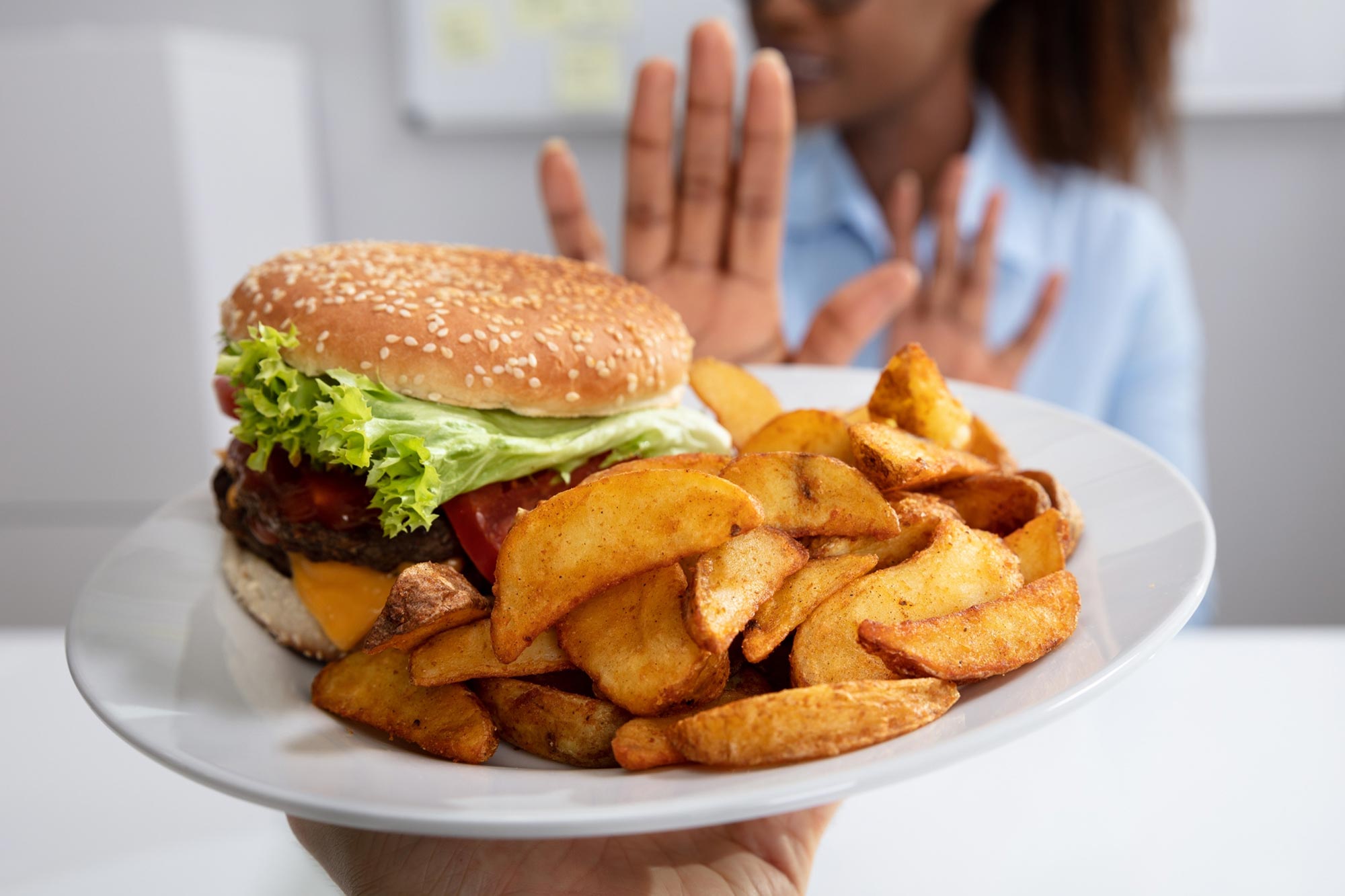
Behavioral weight loss skills are not sufficient for these individuals, so we designed an alternative approach to address this clinical need,” said first author Kerri N.
Behavioral weight loss programs, that include calorie counting, have been the go-to treatment.
For those who find it difficult to resist food, weight loss can be particularly challenging.In the Providing Adult Collaborative Interventions for Ideal Changes (PACIFIC) randomized clinical trial, the researchers compared their intervention, called Regulation of Cues, against a behavioral weight loss program, a control group, and a cohort that combined Regulation of Cues with the behavioral program.Weight loss was comparable after 24 months among individuals in both the Regulation of Cues and the behavioral weight loss program.However, participants in the Regulation of Cues arm stabilized their weight and kept it off while participants in the other groups regained weight at mid-treatment when clinic visits were reduced to monthly.“Our findings suggest that the appetitive mechanisms targeted by Regulation of Cues may be especially critical for weight loss among individuals who have trouble resisting food and could be used in a personalized medicine approach,” said Boutelle.Palatable foods — usually food that contain high amounts of sugar or fat with the addition of salt and flavorings — stimulate the reward system in the brain and can be particularly challenging to resist.The behavior weight loss program prescribed a diet, restricted calorie-dense foods, reinforced avoidance of cues to overeat, and focused on restricting calories.
The combined program integrated the focus on diet and energy intake from the behavioral weight loss program with Regulation of Cues, including management of hunger cues.
“Individuals who need help losing weight can seek out the Regulation of Cues program if behavioral weight loss did not work for them, if they feel they have trouble resisting eating, or if they never feel full,” said Boutelle.